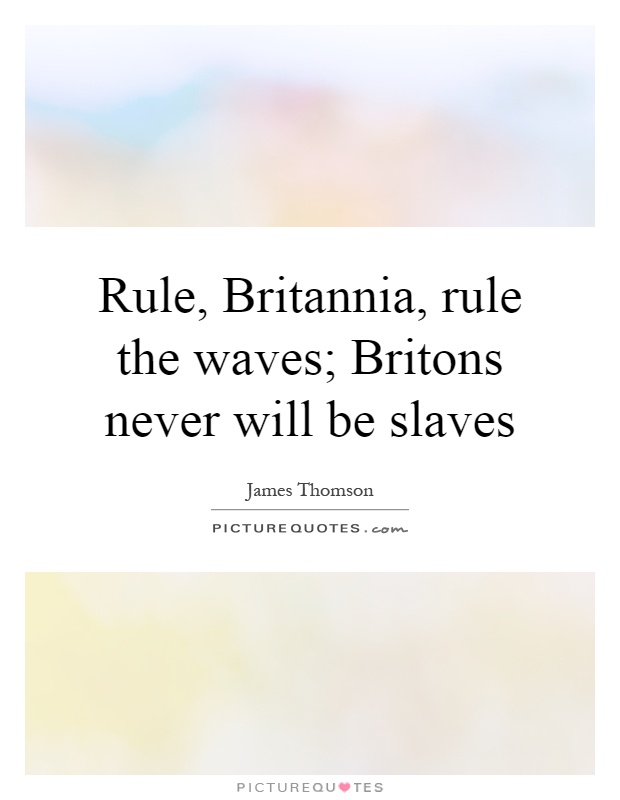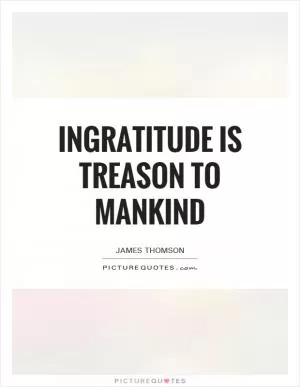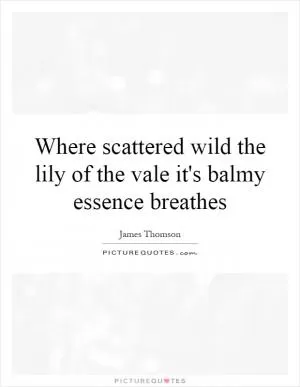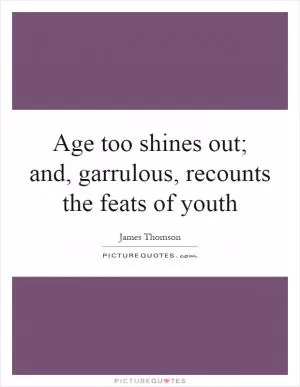
Rule, Britannia, rule the waves; Britons never will be slaves

Rule, Britannia, rule the waves; Britons never will be slaves
James Thomson was a Scottish poet and playwright who lived during the 18th century, a time when Britain was at the height of its imperial power. His most famous work, "Rule, Britannia," is a patriotic song that celebrates the dominance of the British Empire on the seas. The lyrics, "Rule, Britannia, rule the waves; Britons never will be slaves," encapsulate the pride and confidence that the British people felt in their ability to control the oceans and assert their dominance over other nations.Thomson's words reflect the prevailing attitude of the time, when Britain was expanding its empire through colonization and trade. The British navy was the most powerful in the world, and the country's control of the seas allowed it to project its influence across the globe. The idea of Britons never being slaves was a powerful one, as it symbolized the belief that the British people were destined to rule over others, rather than be subjugated themselves.
However, the reality of British imperialism was far more complex than the triumphant words of "Rule, Britannia" suggest. While the British Empire did bring wealth and power to the country, it also brought suffering and oppression to the people it conquered. The idea of Britons never being slaves was not true for the millions of people who were enslaved or exploited by the empire.
Thomson himself was a complex figure who grappled with the contradictions of British imperialism. While he celebrated the power and glory of the empire in his poetry, he also expressed sympathy for the victims of colonialism and criticized the injustices that were committed in the name of empire. In his later works, he began to question the morality of British imperialism and to explore the darker side of the empire's legacy.












 Friendship Quotes
Friendship Quotes Love Quotes
Love Quotes Life Quotes
Life Quotes Funny Quotes
Funny Quotes Motivational Quotes
Motivational Quotes Inspirational Quotes
Inspirational Quotes